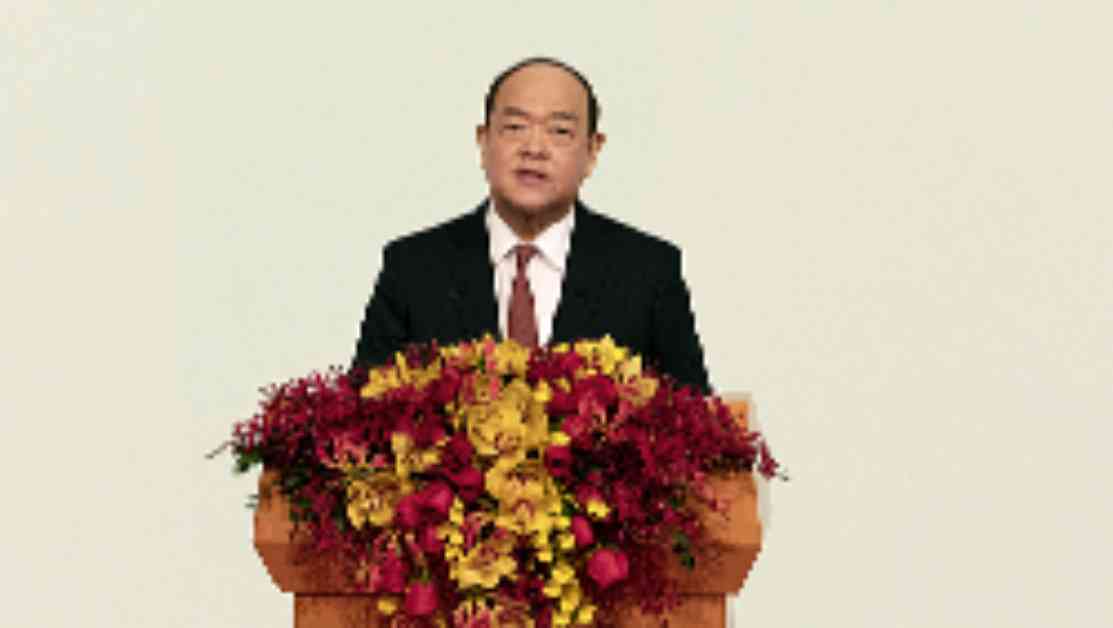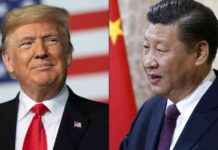Ho Iat Seng Declines Re-Election Bid for Macao SAR Chief Executive
Ho Iat Seng, the current chief executive of the Macao Special Administrative Region (SAR), has announced that he will not be seeking re-election in the upcoming election slated for October. In a statement released on the SAR government’s website, Ho cited health reasons as the primary factor influencing his decision. Despite his deep commitment to Macao’s development, Ho expressed his reluctance to participate in the election for a sixth term, emphasizing the importance of prioritizing the region’s long-term interests.
Since assuming office as chief executive in 2019, Ho Iat Seng has been instrumental in guiding Macao through various challenges and opportunities. His tenure has been marked by efforts to enhance governance, promote economic diversification, and strengthen ties with the central government in Beijing. However, his decision to step down reflects a personal acknowledgment of the need to prioritize his well-being while considering the broader implications for Macao’s future.
Implications of Ho Iat Seng’s Decision
Ho’s announcement has significant implications for the political landscape of Macao. As the nomination period for candidates in the upcoming chief executive election approaches, the absence of an incumbent seeking re-election introduces a new dynamic into the race. Potential candidates will now have to consider the impact of Ho’s departure on the continuity of policies and initiatives initiated during his administration.
Moreover, Ho’s decision to prioritize his health and well-being sends a powerful message about the importance of self-care and personal responsibility in leadership positions. By stepping aside to focus on his recovery, Ho sets an example for others in positions of authority to prioritize their health and mental well-being, even in demanding roles such as chief executive.
Next Steps for Macao SAR
As Macao prepares for the upcoming chief executive election, the focus shifts to identifying candidates who can build on the progress made during Ho Iat Seng’s tenure. The nomination period, scheduled from August 29 to September 12, will be a critical phase in determining the future leadership of the SAR. Potential candidates will need to articulate their vision for Macao’s development, address key issues facing the region, and garner support from various stakeholders.
The election day on October 13 will be a pivotal moment for Macao as it selects its next chief executive. The successful candidate will inherit a legacy of economic growth, social stability, and political cooperation established under Ho’s leadership. It will be essential for the incoming chief executive to maintain continuity in governance while also introducing new strategies to address emerging challenges and opportunities facing Macao.
In conclusion, Ho Iat Seng’s decision not to seek re-election as Macao SAR chief executive reflects a thoughtful consideration of his health, the region’s long-term interests, and the evolving political landscape. His legacy of leadership and dedication to Macao’s development will shape the future trajectory of the SAR as it transitions to a new phase of governance.

















